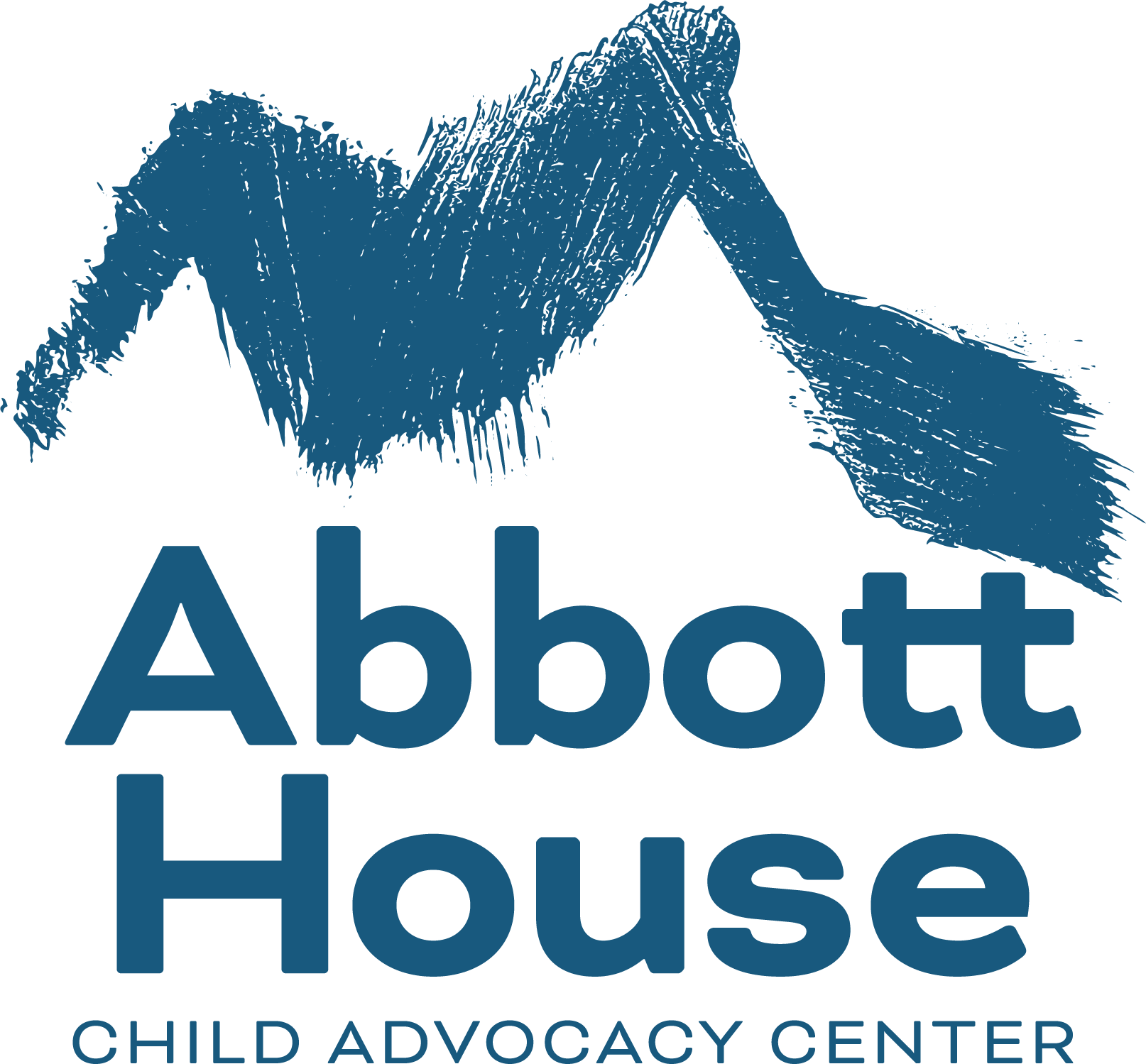Educational Outreach
Abbott House is proud to offer Safety In Action, a statewide training program designed to raise awareness and unify community response to child abuse and neglect in Oklahoma. Safety In Action offers services to administrators, professionals and volunteers, children and their parents and caregivers.
For Administrators: Consultation
During an in-person consultation, our trainers will:
Answer your questions about child abuse and neglect according to the most current research and their professional expertise
Evaluate your organization's existing policies and procedures on child protection
Highlight your organization's strengths and identify your organization's vulnerabilities when it comes to child protection
Help you bolster the safety of your organization by implementing best practices in child protection
Tailor their recommendations to the unique needs of your organization
Visit safetyinaction.org to schedule a consultation.
For Professionals & Volunteers: Awareness Training
Our trainers will provide instruction on how to recognize and respond to misconduct and suspicions of child abuse and neglect in a way that is consistent with state laws and, most importantly, minimizes trauma to the child.
Through a live presentation with video elements, our trainers will teach professionals & volunteers:
What constitutes child abuse and neglect according to Oklahoma state laws
What factors increase a child's risk of suffering abuse and neglect
What characteristics are commonly associated with child abuse and neglect
How to support a child when abuse and neglect is discovered, disclosed, or suspected
The mandatory reporting law in Oklahoma
When and how to report suspected child abuse and neglect, and what professionals and volunteers can do when they are uncertain
The function of Abbott House as a nationally accredited Children’s Advocacy Center and the various roles of the Multi-Disciplinary Team (MDT) of District 21.
Our trainers can provide sample case scenarios and facilitate group discussion.
Visit safetyinaction.org to schedule an awareness training session.
For Parents and Caregivers: Informational Handouts or Awareness Training
Our trainers can provide instruction to parents and caregivers on how to recognize and respond to a suspicion, discovery, or disclosure of child abuse. This program can accompany the STOP, GO, AND TELL program and teach parents and caregivers how to reinforce personal safety lessons at home.
Through informational handouts or a live presentation with video elements, our trainers can provide:
A modified version of the awareness training (For Professionals & Volunteers)
An overview of the STOP, GO, AND TELL program (For Children)
Information on normal versus problematic sexual behaviors in children
Recommendations for educating children about body safety
Best practices to implement in the home when it comes to child abuse safety and prevention
Internet safety recommendations
Recommendations for evaluating child-serving organizations and alternate caregivers
Visit safetyinaction.org to download informational handouts or to schedule an awareness training.
For Children
STOP, GO, AND TELL is a personal safety program developed by our partners at Bethesda, Inc., for kindergarten up to sixth grade students.
STOP, GO, AND TELL presentations were designed by therapists to equip children with the vocabulary, permission, and courage to speak up about abuse. The presentation is a fun, age appropriate way to teach children about personal space boundary rules and what to do if someone tries to break those rules.
Through a live presentation, stop, go, and tell trainers will teach children:
Their bodies are their own
Private parts are covered by a bathing suit, and just like we do things to keep other body parts safe, we should know how to keep private parts safe too
The five personal space boundary rules:
Say "NO" if someone tries to touch your private parts
Say "NO" if someone tries to look at your private parts
Say "NO" if someone tries to show you their private parts
Say "NO" to touching someone else's private parts
Say "NO" to looking at pictures of private parts on TV, movies, magazines, cell phones, or computers
To identify the safe adults in their lives who they can go to if someone tries to break a personal space boundary rule
When someone tries to break a personal space boundary rule, they should STOP, GO to a safe adult and TELL them what happened
They can decide who comes in and out of their personal space
Visit safetyinaction.org to schedule a STOP, GO, AND TELL presentation.
To schedule the presentation of your choosing, please visit safetyinaction.org. Have additional questions? Contact Abbott House’s Educational Outreach Coordinator, Bethany Holtslander-Petrone or by phone at 405-579-5800 ex 112.
